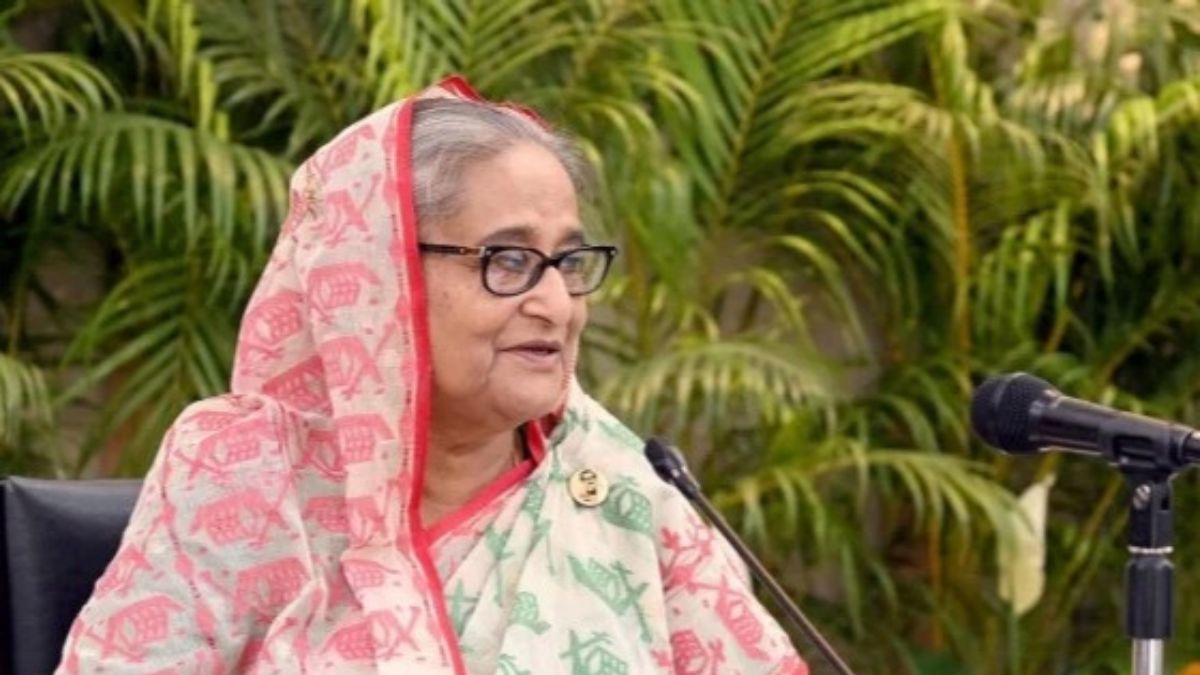
Since July 2024, Sheikh Hasina’s Awami League party has petitioned the International Criminal Court (ICC) to begin an investigation into “retaliatory violence” against party officials, with a Bangladeshi war crimes court expected to render a decision in a case against her by mid-November.
The events occurred as the interim government led by Nobel laureate Muhammad Yunus, which took office following the overthrow of Hasina’s dictatorship in August of last year due to student-led protests, started preparing for a general election in February 2026.
Proceedings against Hasina, who is accused of crimes against humanity for the violent suppression of the student uprisings in mid-2024, have come to an end at the International Crimes Tribunal, a domestic war crimes court established in Bangladesh in 2009. Speaking on condition of anonymity, those with knowledge of the case said that although some reports indicated it would be postponed until the end of the month, the tribunal is generally expected to render its decision at any point between November 10 and November 15.
Hasina, who left Dhaka and has been living in self-exile in India since August 2024, is facing the death penalty from prosecutors for the deaths of almost 1,400 people during the weeks of upheaval that brought an end to her 15-year leadership. In a Reuters interview, Hasina refuted the accusations, claiming she had no direct role in directing the use of fatal force or other alleged offences.
An investigation into “retaliatory violence committed against Awami League officials in Bangladesh in the wake of the uprising of July 2024” has been requested by the Awami League through a London-based legal firm in a “Article 15 Communication” submitted to the International Criminal Court’s (ICC) prosecutor ahead of the tribunal’s decision. According to the communication, 400 Awami League officials and activists were beaten and lynched by hostile crowds.
Additionally, it said that since July 2024, 25 Awami League leaders have perished while in detention. The letter claims that 18,000 people were arrested in 12 days as part of “Operation Devil Hunt,” which targeted what was referred to as “Awami fascism,” and that Awami League members and supporters have been arbitrarily held on unfounded grounds without bail or prosecution.
According to the Awami League, the interim administration issued a so-called “immunity order” to individuals “responsible for retaliatory abuses,” and journalists, judges, attorneys, legislators, and others “tenuously affiliated” with the party were imprisoned. The aforementioned individuals, who are acquainted with Dhaka’s official thinking, stated that they thought the Awami League’s attempt to bring up the issue with the ICC was unlikely to be successful.
The Indian side has not yet commented on the case against the former premier at the International Crimes Tribunal, nor has it reacted to the Bangladesh interim government’s request for Hasina’s extradition. Regarding the upcoming elections in Bangladesh, Randhir Jaiswal, a spokesman for the external affairs ministry, stated that they must be inclusive and participatory.
Earlier this year, the Dhaka interim government outlawed the Awami League’s whole operations. “Free, fair, inclusive, and participatory elections are what we expect to see in Bangladesh,” Jaiswal stated.
